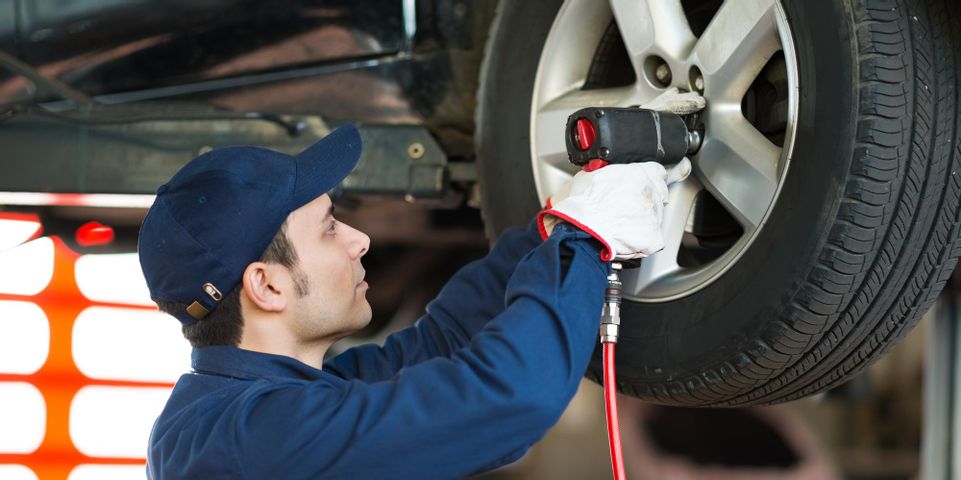A Guide on Automotive Tire Changeover in Spring

Spring is just around the corner, and with it comes warmer temperatures and different driving conditions. If you have studded or winter automotive tires on your vehicle, you’ll need to change them for the new season. Winter tires are designed to handle harsh icy or snowy conditions without compromising safety and performance but aren’t well-suited for fairer weather. Here’s why you should make the switch before it’s too late.
Why Switch Automotive Tires During Spring?
 Studded tires provide ample grip and traction for icy, slippery roadways during winter. When temperatures start rising to 45 degrees Fahrenheit and above, driving with studded tires can be detrimental on the roads. This is the reason why states like Alaska require motorists to change their automotive tires by April 30 and onward. Studded tires are only allowed between September 15 to April 30, and using them beyond this period leads to a penalty of $50 per tire.
Studded tires provide ample grip and traction for icy, slippery roadways during winter. When temperatures start rising to 45 degrees Fahrenheit and above, driving with studded tires can be detrimental on the roads. This is the reason why states like Alaska require motorists to change their automotive tires by April 30 and onward. Studded tires are only allowed between September 15 to April 30, and using them beyond this period leads to a penalty of $50 per tire.
Aside from the fines, another reason to change automotive tires is decreased performance. The treads of winter tires are made from special rubber compounds that remain pliable in cold weather for better grip and traction. Using them in warm temperatures will result in faster tread wear and poor handling. It’s challenging to maneuver sharp turns and curves with soft, flexible winter tires, leading to decreased gas mileage as well.
How Spring Tires Differ From Other Tire Types
Spring or summer tires are built explicitly for the warmer, drier months of the year, while winter tires are ideal for cold, wet periods. Spring tires have fewer grooves in their tread patterns. As such, the tires have more contact with the road, which is ideal for improved grip in dry road conditions. They also have flexible rubber compounds and shallower tread depths for better stability. During spring and summer, they provide improved cornering and braking capabilities and better overall performance.
As the name implies, all-season tires can be used throughout the year as they offer enough stability under wet and dry conditions. However, they often fall short with extreme weather conditions, as they provide less traction compared to summer tires and minimal grip during severe winter weather. All-season automotive tires are ideal for places with moderate climates.
This spring, have your automotive tires changed at Alaskan Auto Center. As the leading auto repair facility in Anchorage, AK, their certified mechanics provide an extensive range of top-notch vehicle work—from oil changes to vehicle suspension repairs. They also offer a 12-month, 12,000-mile warranty on repairs and discounted rates to seniors and members of the military. Call (907) 522-7035 or inquire via their website.
About the Business
Have a question? Ask the experts!
Send your question

